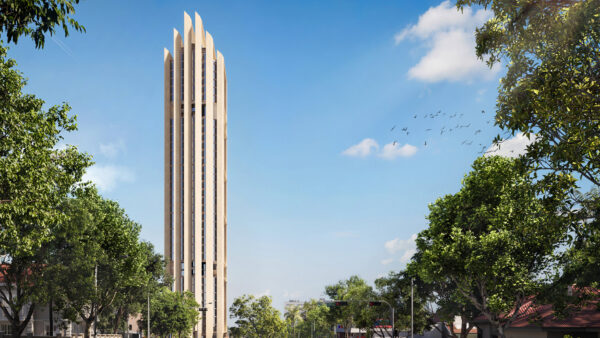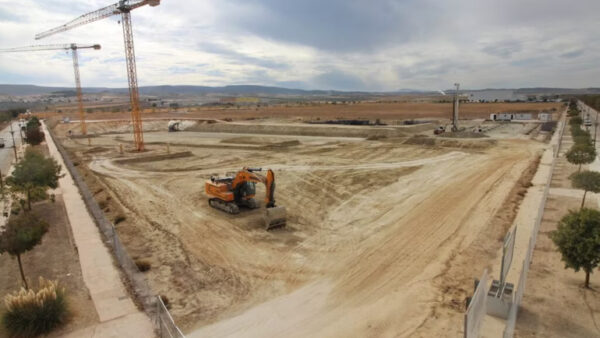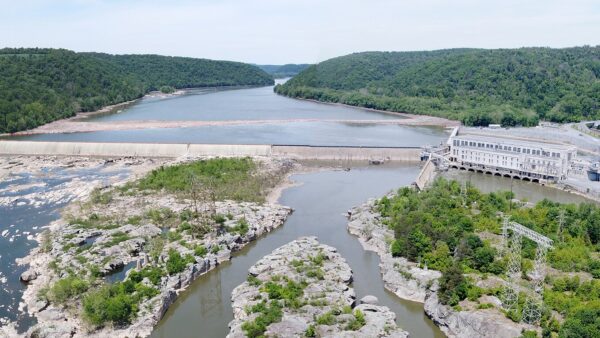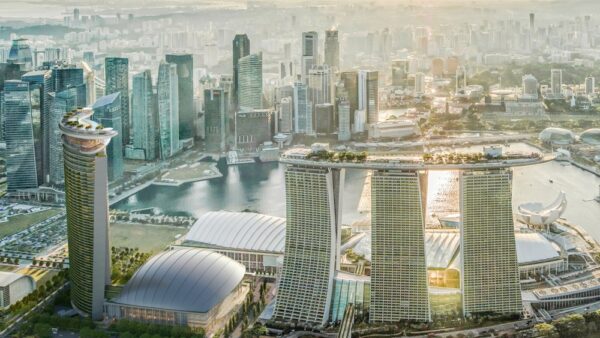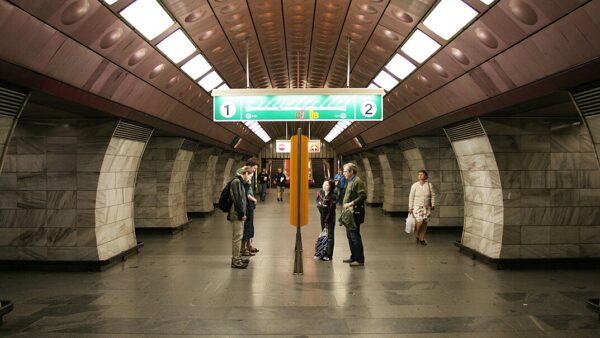The US blacklisted a Chinese developer yesterday, claiming that it was building a Cambodian port, airport and resort complex on land seized from local people, and could be used as a military base.
Today, the Chinese embassy in Cambodia called the decision “a blatant hegemonic act” and demanded that the US “correct its wrongdoing and withdraw the so-called sanction”.
The company in question is the Union Development Group, which is building the $3.8bn Dara Sakor complex on 36,000ha of land leased for 99 years in the Botum Sakor national park.
Altogether, the concession covers a fifth of Cambodia’s coastline.
Mike Pompeo, the US Secretary of State, said in a statement the company had been targeted for “its role in corrupt activities in Cambodia”, and because the Dara Sakor “could be used to host PRC military assets”, contrary to the country’s constitution.
More specifically, Pompeo’s statement alleges that Union Development, formerly called the Tianjin Union Development Group or the Tianjin Wanlong Group, changed itself into a Cambodian company to lease the land, then reverted to Chinese status.
He added that the Cambodian military cleared the leased land “by force using violent tactics” and that Kun Kim, chief of staff of the Cambodian army, “reaped significant financial benefit from this relationship with UDG”.
The sanctions were imposed under the Global Magnitsky Act, which allows the US government to freeze the assets of human rights violators and prohibit Americans from doing business with them.
The Chinese embassy in Cambodia today hit back at the US accusations. It said Dara Sakor was “in full compliance with the laws and regulations of Cambodia” and had “made a positive contribution to the economic and social development of Cambodia”.
It added: “The US sanctions [are] a blatant hegemonic act. It completely ignores the facts and is based on unwarranted charges. The US suppression on the legitimate investment of a Chinese enterprise in Cambodia will not only harm the lawful rights and interests of the enterprise, but also trample on the sovereignty of Cambodia.”
The development presently consists of a luxury resort with a golf course and casino. Future plans include a deepwater port with container and cruise terminals, yachting marina, international airport, industrial park, power stations and a water-treatment plant.
At the end of last year, website China Dialogue reported that some of the families displaced by the development were struggling to obtain compensation.
It quoted Saing Puy, a resident of the island of Koh Sdech, where more than 1,000 families were displaced. She said: “When Tianjin Union Development Group came, they said they would build infrastructure – roads, a school, a health centre – so people were excited about the development. Instead, they built a hotel, casino and golf course and forced us to relocate.”
Pompeo’s statement also contained more general swipes at China, calling it “the world’s largest emitter of environmental pollution including of greenhouse gases and the exploitation of natural resources around the globe”.
It added that the Chinese Communist Party “co-opts companies to expand its influence, including by working through corrupt officials to use military force against innocent people in a blatant attempt to secure illicit financial gains”.
Last year, the US raised the alarm over a possible Chinese naval base about 40km south of Dara Sakor at Ream (see further reading).
The company and the Cambodian government have repeatedly denied Western media reports that a Chinese naval base will be built in the country.
Image: A rendering of the masterplan for Dara Sakor (MCC)
Further reading:


